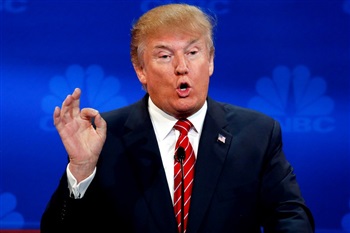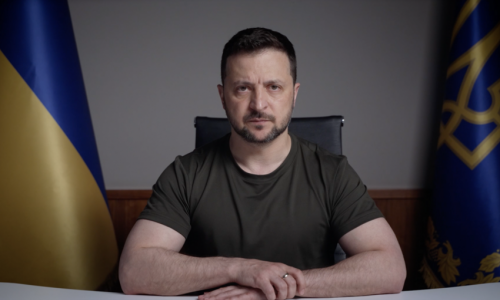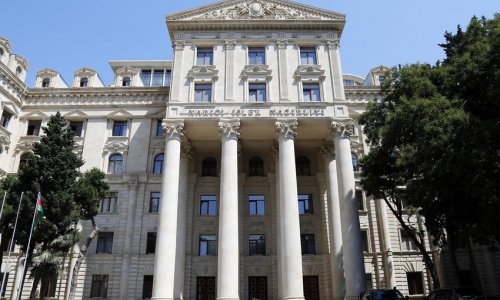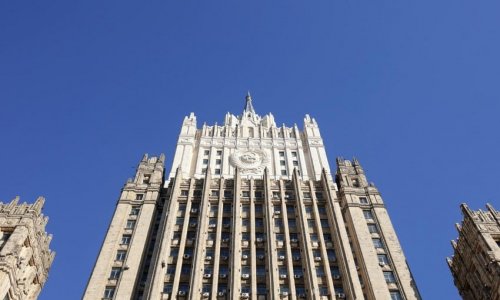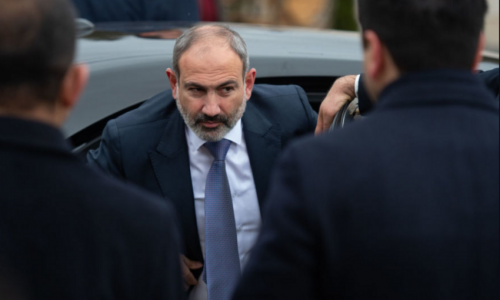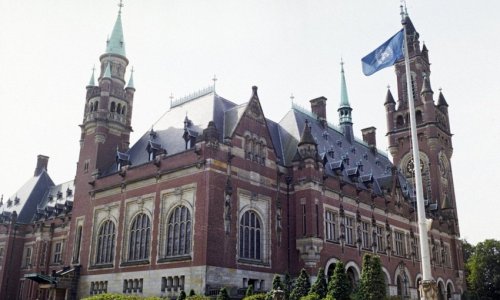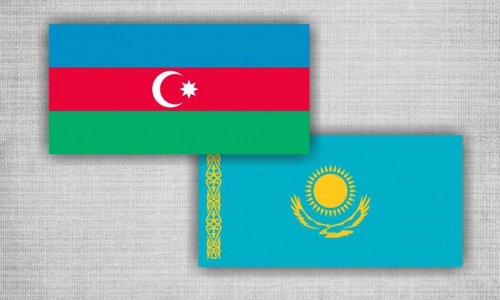Despite heated exchanges on subjects including women’s rights, Russian hacks and the fairness of the electoral process, against all odds the final presidential debate in Las Vegas was the most substantive policy discussion so far between Hillary Clinton and Donald Trump.
Yet in what is likely to prove the evening’s most enduring and controversial moment, Mr Trump declined to say whether he would accept the results of the election, saying he would "look at it at the time,” but that until then he planned to keep voters "in suspense”.
Ms Clinton said she was "appalled” by the property developer’s unprecedented refusal to commit to concede the election should he lose, calling it "horrifying” and saying: "That is not the way our democracy works.”
With his poll numbers sliding precipitously less than three weeks from election day, the head-to-head provided Mr Trump with perhaps his last, best chance to make the case for himself – and, more to the point, the case against Ms Clinton – to a primetime television audience.
For the former Secretary of State, the three debates have been an exercise in forbearance, as she strove to present a positive vision for the country while facing increasingly intense attacks from her opponent amid the most acrimonious presidential campaign in memory.
Mr Trump kept his temper in check for the evening’s first act, but as the debate wore on he showed flashes of anger, describing Ms Clinton as a "nasty woman” running a "sleazy campaign” and accusing the media of "poisoning the minds of voters”.
Moderator Chris Wallace of Fox News had the unenviable task of keeping the debate at the University of Nevada on track, and with his early questions he succeeded in guiding the candidates towards policy and away from personal attacks.
On the subject of their prospective appointments to the Supreme Court, for example, the two candidates expressed stark differences of opinion – in particular on abortion rights, which Mr Trump suggested would be rolled back under his presidency.
An impassioned Ms Clinton, by contrast, pledged to defend a woman’s right to choose and to support Planned Parenthood. "I will defend women’s rights to make their own healthcare decisions. We have come too far to have that turned back now,” she said.
For long periods, though, the debate descended again into an argument over the character and integrity of the two nominees. Asked about the content of campaign emails recently released by Wikileaks, Ms Clinton pivoted instead to the question of Russian involvement.
Suggesting the leaks were part of a plot by Vladimir Putin to disrupt the US election, Ms Clinton said her opponent was the Russian President’s "clear favourite” and that Mr Trump would be a "puppet” for Mr Putin should he be elected.
The property developer said he condemned any attempt by a foreign power to disrupt the electoral process, but declined to accept the conclusion of multiple US intelligence services that Russia was responsible for the hack, and insisted that Mr Putin was "not [his] best friend”.
Mr Wallace also raised the allegations of sexual assault that have been levelled at the Republican by nine women in the days since the second debate. Mr Trump said the stories were "
A CNN snap poll conducted immediately afterwards found that it had been a closer contest than the previous two debates, but that once again Clinton was considered the winner, by 52 per cent to 39 per cent.
The two candidates traded barbs about their charitable foundations, with Ms Clinton trumpeting the work of the Clinton Foundation on AIDS treatment and in Haiti, while Mr Trump decried the organisation as a "criminal enterprise”.
Mr Trump continued to argue that the ongoing assault on Mosul, the Islamic State’s last stronghold in Iraq, ought to have been a "sneak attack”, while accusing Ms Clinton of helping to create the conditions that allowed Isis to thrive during her tenure at the State Department.
The Republican and the Democrat also offered their rival visions for the economy, with Mr Trump promising to "cut taxes massively”, while Ms Clinton said she would raise taxes, but only on those earning more than $250,000.
On immigration, Mr Trump returned to his familiar rhetoric, arguing for "strong borders” and insisting that drugs and criminals were pouring into the US from Mexico. "We have some bad hombres here, and we’ve got to get them out,” he said.
Ms Clinton promised to introduce a new comprehensive immigration reform package within her first 100 days in the Oval Office. She also said that when Mr Trump met with Mexican president Enrique Peña Nieto in August and had the chance to press his signature policy – a border wall funded solely by Mexican taxpayers – "he choked”.totally false”, claiming the women were either attention seekers looking for "10 minutes of fame” or that they had been put up to it by the Democrat’s campaign.
www.ann.az
Follow us !

